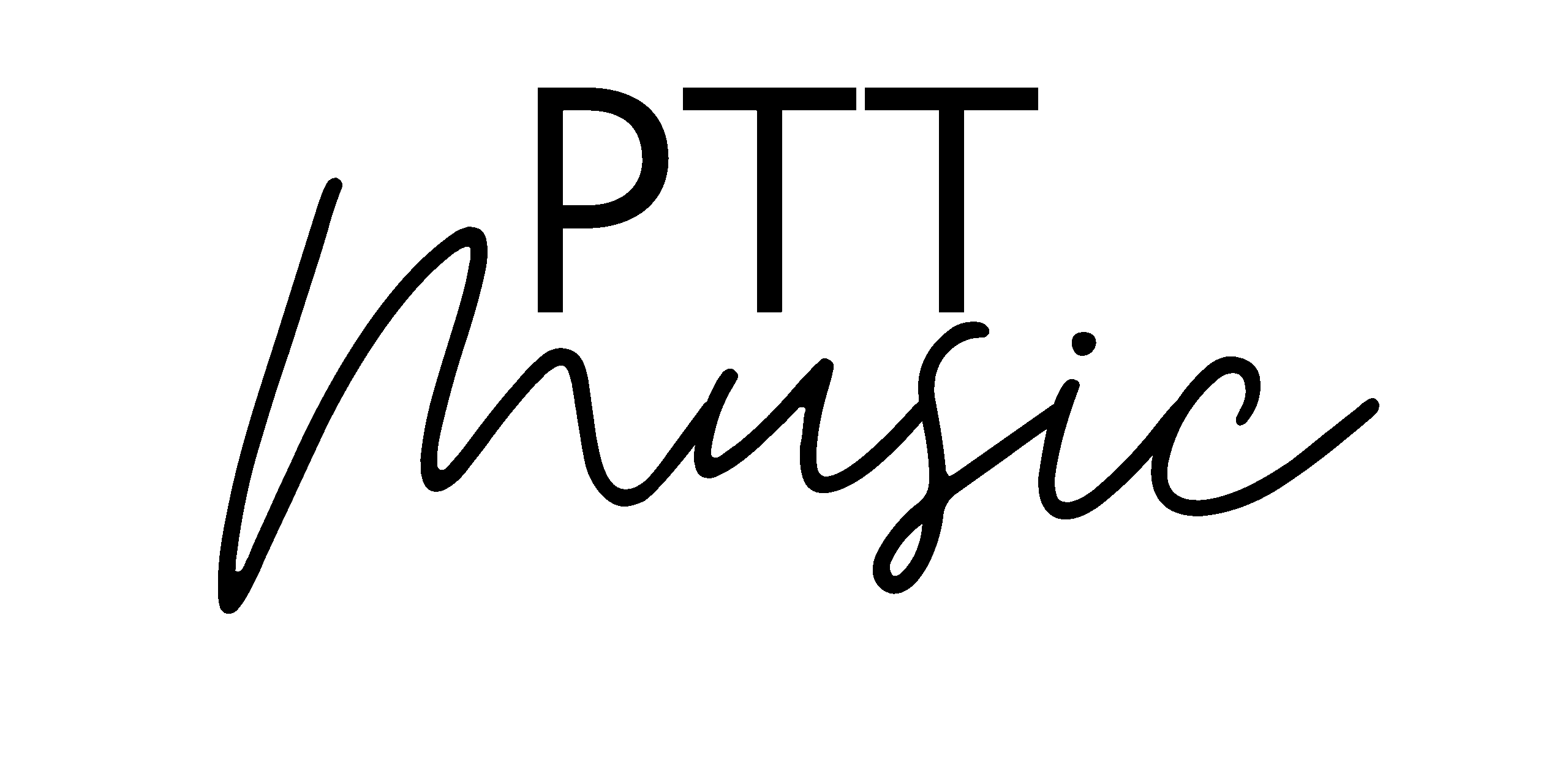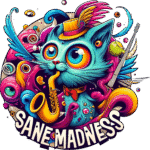Hi, I’m Abdullah S.
Founder & Creative Director at Vidmonk studio
For over 6 years, I’ve been passionate about storytelling through visuals. What started as a love for crafting stories has grown into Vidmonk Studio, where creativity and innovation thrive. We don’t just make videos; we create high-quality explainer videos, music videos, tutorials, and Lyric Videos that resonate and engage. Whether it’s a dynamic explainer or a stunning music video, I’m here to bring your vision to life with creativity, experience, and excellence.

concept Development
Crafting creative ideas and visual direction tailored to your song.
Stock Footage Selection
Handpicking cinematic, high-quality clips that align with your music’s mood and story.
Professional Editing
Seamless transitions, pacing, and synchronization with your track.
Storytelling
Building a cohesive narrative or theme that resonates with your audience.
A few things we’re great at
At Vidmonk Studio, collaboration drives creativity. Your vision, our expertise—let’s create impactful videos together.
Let’s start something amazing.
Dynamic Design Showcase
the creativity, versatility, and impact of our work. From concept to execution, we bring ideas to life with cinematic storytelling, innovative visuals, and professional editing. This section reflects the diverse styles and approaches we deliver, tailored to meet the unique vision of each client.
Collaborative Project
We believe the best results come from teamwork. Our Collaborative Project approach ensures clients are involved at every step — from planning and creative direction to final delivery. By combining your vision with our expertise, we create videos that are both personal and impactful.
WHAT WE ProvideDesignCraftOffer
We create high-quality music videos with stock footage, handling everything from concept and storyboarding to clip selection, editing, and color grading. Each video is crafted to match your song’s mood and style, ensuring a cinematic, engaging, and professional final product that resonates with audiences.
Music Videos
High-quality videos crafted with cinematic stock footage, editing, and grading to bring your song to life.
Lyric Videos
Engaging visuals combined with creative typography and motion graphics to highlight your lyrics.
Narrative-Based Videos
Story-driven videos designed to visually interpret your music through powerful storytelling.
Festival Videos
Dynamic, energetic edits showcasing performances or highlights, perfect for events and promotions.
Social Media Videos
Short, impactful content tailored for platforms like Instagram, TikTok, and Facebook to boost engagement.
Website Videos
Professional videos optimized for websites, portfolios, or landing pages to elevate your brand presence.
Our Team
A dedicated group of creative professionals, combining expertise and vision to craft impactful, high-quality videos from concept to completion.

Yahya S.

Zaeem M.

Fatimah K.

Salman K.
We have more than 6 years of experience
Satisfied Clients Worldwide
530+
5-Star Client Reviews
800+
total videos produced
1800+
Our Projects
Explore our diverse range of projects,
each one crafted with care and creativity. See how we bring ideas to life.
Our Clients




















What are you waiting for?
Ready to take the next step? Let’s bring your vision to life! Explore our services and get in touch today for a consultation. Together, we’ll make it happen.
Testimonials
Nothing speaks louder than the experiences of our clients. Here are a few of their kind words about working with our team.

Vidmonk studio has enriched my work incredibly and supported me perfectly in my projects. The communication is excellent and straightforward. The quality of his work and his cooperation are exemplary. I can warmly recommend this freelancer. Thank you, Abdullah, for your great support with my music projects.
Peter Kruse

I really appreciate Abdullah’s collaborative style. It was nice that I could easily comment on each section of the video and say I liked it, or needed edits, and he then nailed it!
Peter Albert

They consistently wows with his storytelling and creativity, translated beautifully into vibrant music videos. His professionalism shines through, delivering ON TIME with a responsive and polite approach that makes collaborations seamless. I highly recommend his services for anyone aiming to craft a captivating visual narrative around their music! 🤩
Jessica Brooks

I always enjoy working with the Vidmonk team again and again. They understand very well how to translate music into images. I can definitely recommend them. Very high-quality work and the best quality. 🤩



